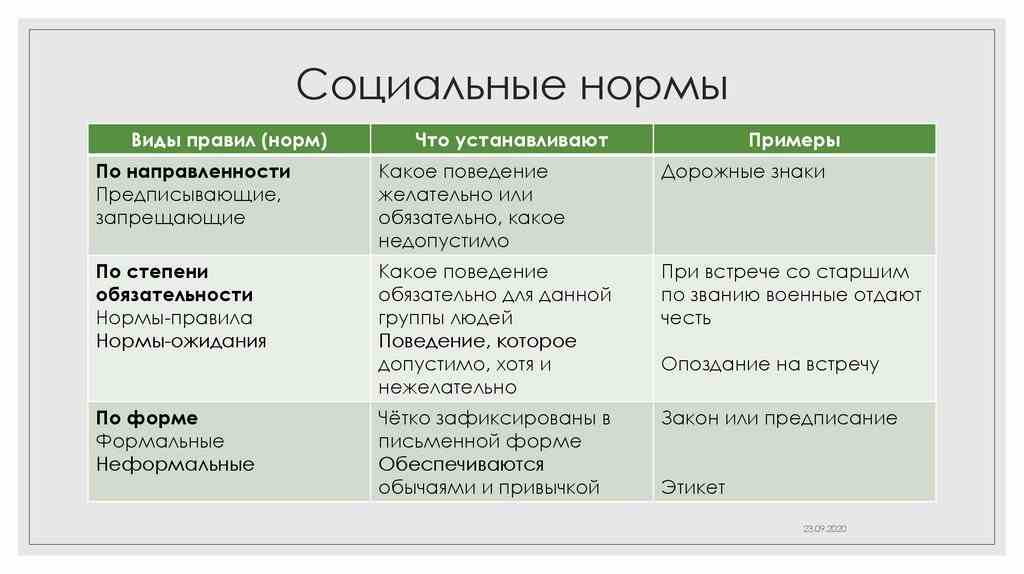Overview of AMD Ryzen Processors
Ryzen is a brand of multi-core x86-64 microprocessors developed and marketed by Advanced Micro Devices (AMD). Launched in 2017, Ryzen processors are designed for various platforms including desktop, mobile, server, and embedded systems. They are built on the Zen microarchitecture, which was a significant redesign aimed at competing with Intel's offerings in the high- performance CPU market.
Key Features
- Microarchitecture : Ryzen processors utilize the Zen architecture, which has undergone several iterations (Zen, Zen+, Zen 2, Zen 3, Zen 4, and most recently Zen 5). Each generation has brought improvements in performance and efficiency.
- Core Configurations : The Ryzen lineup includes models ranging from Ryzen 3 (entry-level) to Ryzen 9 (high-end), with some processors featuring up to 96 cores in the Threadripper series for workstation applications
- Socket Compatibility : Most consumer Ryzen CPUs use the AM4 socket, while newer generations have transitioned to the AM5 platform. This change supports advanced features like DDR5 memory and PCIe 5.0
Performance Enhancements
- Multi-threaded Performance : Ryzen processors are known for their high core and thread counts, allowing for superior multi-threaded performance compared to many Intel counterparts at similar price points
- 3D V-Cache Technology : Recent models like the Ryzen 7 9800X3D feature AMD's innovative 3D V-Cache technology, which significantly enhances gaming performance by increasing the amount of on-chip cache available
- Power Efficiency : The latest generations of Ryzen CPUs have improved power efficiency, delivering higher performance per watt compared to earlier models. For instance, the Ryzen 7000 series can achieve up to 49% more performance at the same power levels as previous generations
Generational Developments
- Ryzen 1000 Series (2017) : Introduced the Zen architecture with significant IPC (instructions per cycle) improvements over AMD's previous architectures.
- Ryzen 2000 Series (2018) : Featured the Zen+ architecture with enhancements in memory latency and overall performance.
- Ryzen 3000 Series (2019) : Based on Zen 2 architecture, this generation introduced chiplet designs that improved scalability and performance.
- Ryzen 5000 Series (2020) : Utilized Zen 3 architecture, offering substantial performance gains in both single-threaded and multi-threaded tasks.
- Ryzen 7000 Series (2022) : Marked the transition to DDR5 memory and PCIe 5.0 support with the new AM5 socket.
- Ryzen 8000 Series (2024) : The latest generation includes models like the Ryzen 7 9800X3D, which showcases enhanced gaming capabilities with its advanced cache technology
Market Impact
Since its introduction, Ryzen has significantly increased AMD's market share in the CPU segment, challenging Intel's dominance. The competitive pricing and strong performance of Ryzen processors have made them a popular choice among gamers and professionals alike























































 English (US)
English (US)